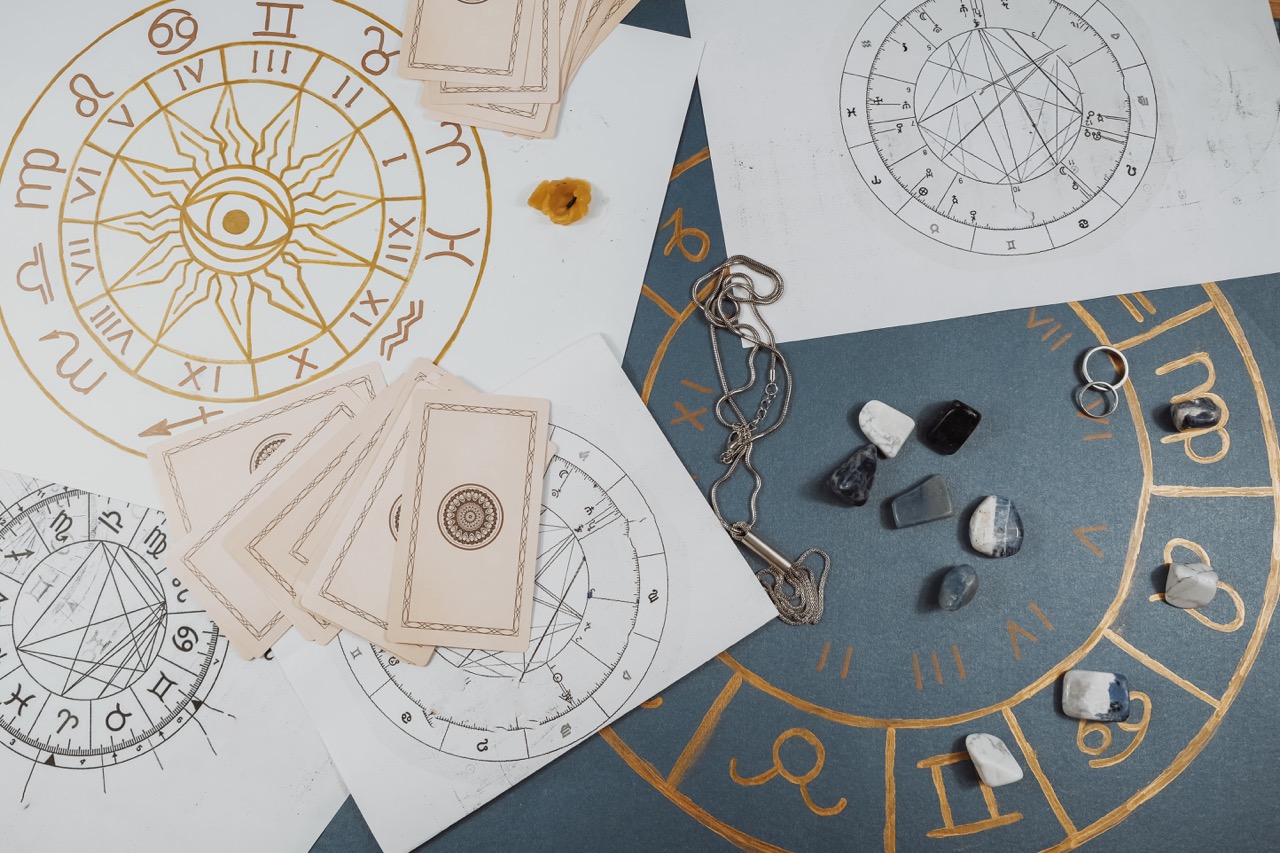In the annals of philosophy, few figures shine as brightly as Socrates, the Athenian sage who transformed the landscape of thought with his probing questions and relentless pursuit of wisdom. His life, marked by a profound commitment to understanding the essence of virtue and knowledge, serves as a beacon for those seeking spiritual insights. Delving into the depths of the human soul, Socrates illuminated pathways to self-awareness and enlightenment that continue to resonate through the ages. This article explores the spiritual dimensions of his teachings, inviting readers to reflect on their own journeys of discovery.
Unveiling Wisdom: Socrates’ Journey into the Soul
Socrates believed that true wisdom begins with an acknowledgment of one’s ignorance. This realization is not a source of despair but rather a stepping stone toward a more profound understanding of oneself and the universe. Through his method of questioning, he challenged the complacency of his contemporaries, urging them to examine their beliefs and values. This journey into the soul was not merely an intellectual exercise but a spiritual quest, a means to uncover the deeper truths that lie beneath the surface of everyday life. Socratic wisdom, therefore, invites us to engage in self-reflection and introspection, fostering personal growth and transformation.
As he wandered the streets of Athens, Socrates engaged with individuals from all walks of life, seeking to uncover the essence of their thoughts and beliefs. His conversations revealed a universal truth: the importance of understanding oneself before attempting to grasp the complexities of the world. Through dialogues that probed the nature of justice, beauty, and goodness, he led others to confront their assumptions and confront the often uncomfortable questions lurking in the shadows of their minds. This process of unearthing buried truths is akin to peeling back the layers of an onion, revealing the core of human existence and the divine spark that resides within each of us.
Ultimately, Socrates’ journey into the soul was about embracing the chaos of life and transforming it into a landscape of enlightenment. By challenging conventional wisdom, he encouraged others to embark on their own quests for knowledge. His belief that “the unexamined life is not worth living” resonates deeply in our modern world, where distractions abound and superficiality often reigns. By inviting us to engage in a continuous dialogue with ourselves and others, Socratic philosophy serves as a guide to uncovering the profound truths hidden within our own souls.
The Oracle Within: Lessons from Socratic Dialogue
At the heart of Socratic thought lies the notion that wisdom is not merely acquired through the accumulation of knowledge but is instead revealed through dialogue. In this sacred exchange, Socrates acted as a midwife, helping to birth ideas and insights from the depths of his interlocutors’ minds. This process of dialectic fosters a deeper understanding of ourselves and our beliefs, challenging us to confront the inconsistencies and paradoxes that often define human existence. Socratic dialogue, therefore, becomes a spiritual practice—an opportunity for transformation and growth.
One of the most profound lessons drawn from Socratic dialogue is the importance of active listening and openness. As we engage with others, the Socratic method encourages us to remain humble and receptive, recognizing that we do not possess all the answers. In doing so, we cultivate empathy and compassion, allowing us to connect more deeply with the experiences and perspectives of those around us. This spiritual exercise extends beyond mere conversation; it transforms into a dance of ideas, where the exchange of thoughts can illuminate the path toward greater understanding and personal evolution.
Moreover, the dialogue serves as a mirror, reflecting our own beliefs back to us. Through challenging questions and thoughtful engagement, we are prompted to reconsider our assumptions and biases. This act of introspection is essential for spiritual growth, as it encourages us to confront the shadows of our psyche and embrace the complexity of our identities. By engaging in Socratic dialogue, we embark on a spiritual odyssey, uncovering the wisdom that resides within—an oracle whispering truths that guide us toward authenticity and self-realization.
In the tapestry of human thought, Socrates remains a pivotal figure whose spiritual insights continue to inspire seekers of truth. His journey into the soul reveals the transformative power of self-examination, while his lessons on dialogue remind us of the importance of connection and understanding. As we navigate the complexities of our own lives, we can draw upon the wisdom of Socrates to illuminate our paths, encouraging us to question, reflect, and engage deeply with ourselves and the world around us. In embracing this timeless quest for knowledge, we may find not only clarity but also a profound sense of purpose on our spiritual journeys.




